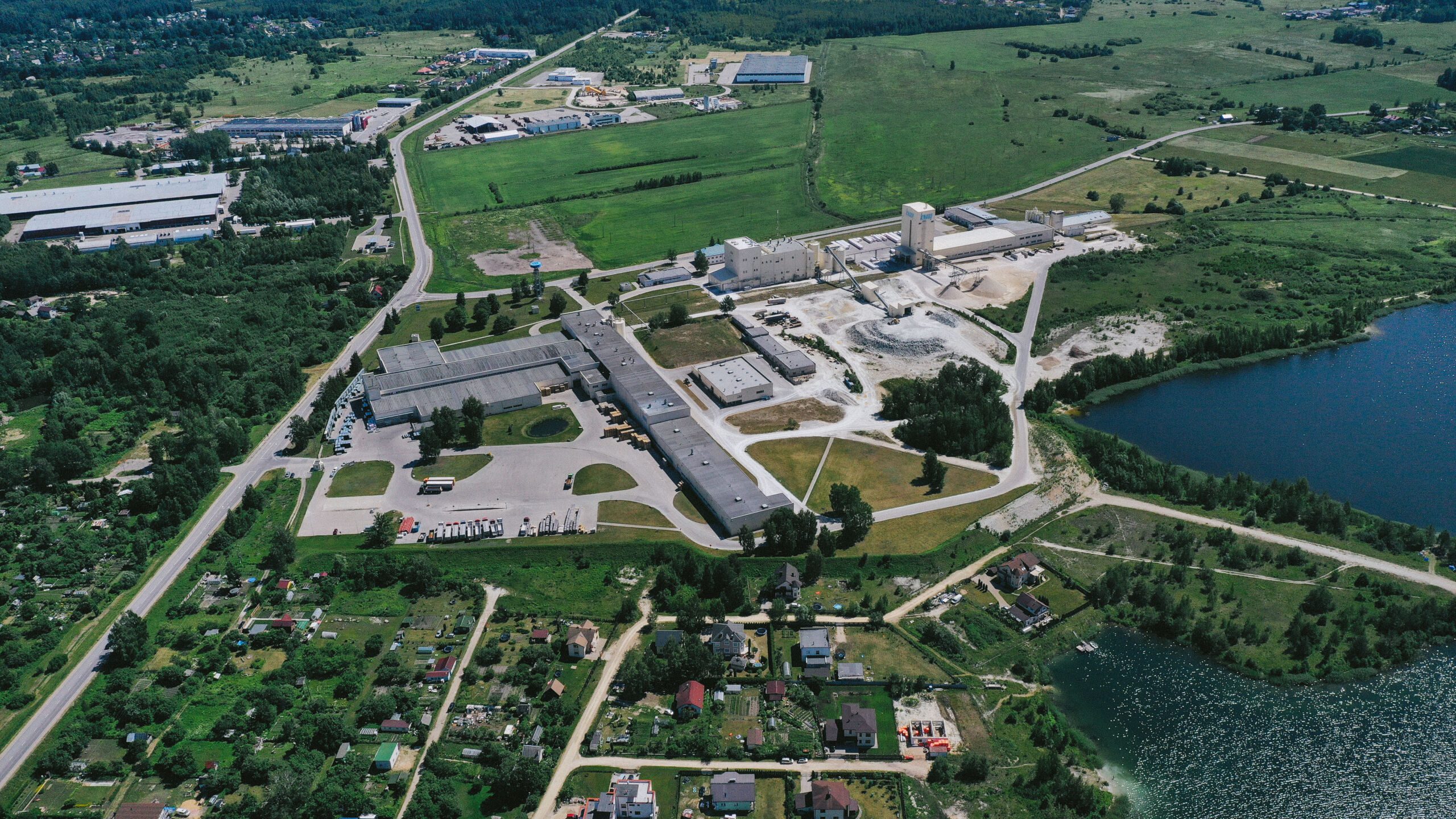Amendment to the Agricultural Land Fund Protection Act: construction of shops, logistics complexes and solar power plants to become significantly more challenging
The amending Act No. 183/2024 Coll. came into force on 1 July 2024, introducing changes to Act No. 334/1992 Coll., on the Protection of the Agricultural Land Fund, with effect from 1 July 2024 (and in some cases from 1 January 2025). According to its explanatory memorandum, the main objective of the amendment is to increase the qualitative and quantitative protection of agricultural land and to ensure the non-productive functions of agricultural land as a response to ongoing climate change. Below is an overview of the most important changes.
Stricter protection of the most valuable agricultural land: new restrictions and obligations
- One of the most significant changes is the increased protection of soil in the first and second classes of the agricultural land fund, i.e. the most valuable land in terms of quality. Effective 1 January 2025, it will no longer be possible to withdraw this land from the agricultural land fund for commercial or storage projects exceeding 1 hectare or for energy installations converting solar radiation into electricity, regardless of their area. The legislator has included a temporary exception in one of the transitional provisions of the amendment, allowing land in the first and second classes of protection to be withdrawn for commercial or storage projects of more than 1 hectare until 1 January 2035, provided it is defined as a buildable area in the spatial planning documentation as of 1 January 2025. However, this exemption does not apply to conventional photovoltaic power plants.
- The owner or user of agricultural land now has a general obligation to prevent and stop damage and pollution of agricultural land, including the risk of erosion. In the event of a defective condition, these persons are obliged to remedy it. The municipal authority of the municipality with extended powers may then impose one or more remedial measures on the responsible party at their expense.
Stricter rules for the ownership and use of agricultural land: news for owners and investors
- The amendment also introduces the principle of reciprocity, stating that the ownership of agricultural land cannot be acquired by a state (nor by its citizens, natural persons with permanent residence or legal entities having their registered office there), whose laws do not allow the acquisition of agricultural land by citizens of the Czech Republic, natural persons residing in the Czech Republic or legal entities having their registered office in the Czech Republic. This restriction does not apply to countries within the European Union, the European Economic Area, Switzerland or countries governed by an international treaty to which the Czech Republic is a party. Additionally, this restriction does not apply to cases of acquiring agricultural land through inheritance.
- It is possible to designate agricultural land for a purpose other than agriculture spatial planning documentation only in necessary justified cases. The amendment has tightened the requirements of this procedure.
- Newly, the municipal authority of a municipality with extended powers may decide on the inclusion of land or its part in the agricultural land fund at the request of the owner or with their consent.
New rules for the use of agricultural land: agrivoltaics, ponds and extended nature protection
- Agricultural land now includes landscape elements (such as balks, terraces, groups of trees, alleys, solitary trees or wetlands) and thus enjoy the same protection as agricultural land.
- The amendment also introduces legislation concerning agrivoltaic power plants. This type of power plant is intended to serve as an additional option for the use of agricultural land. The law envisages their placement on land with permanent crops, i.e. vineyards, hop gardens and orchards. The consent to this intention is issued by the municipal authority of the municipality with extended powers.
- Agricultural land can now also be used for the implementation of ponds with fish or waterfowl farming or measures required to ensure agricultural production, without needing to be withdrawn from the agricultural land fund. The consent to the plan is again granted by the municipal authority of the municipality with extended powers.
- Exceptions to levies for exclusion from the agricultural land fund have also changed. It is no longer necessary to pay levies for withdrawing land in the third class of protection for afforestation projects or land for composting plants.
- The obligation to report and document a change in the person liable for levies has now been extended to the person who was entitled to the payment before the change.
This document is only a general statement and does not constitute legal advice on a specific matter.
If you would like more information, please reach out to your contact person in our office or Henrieta Hovanová.


